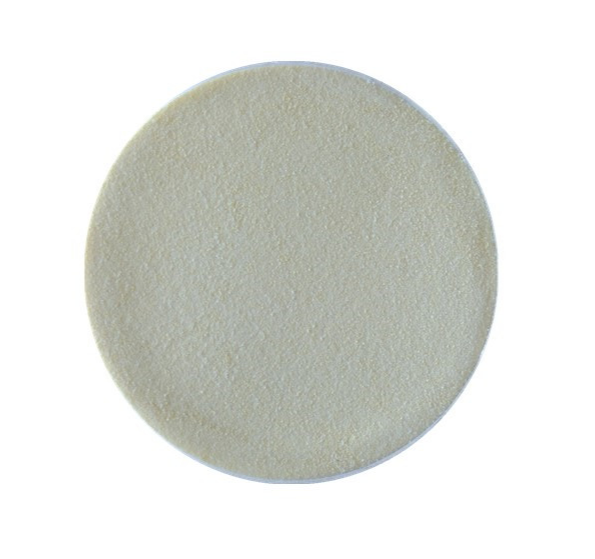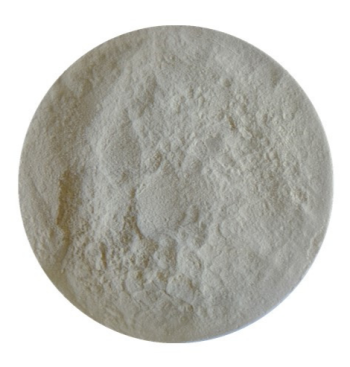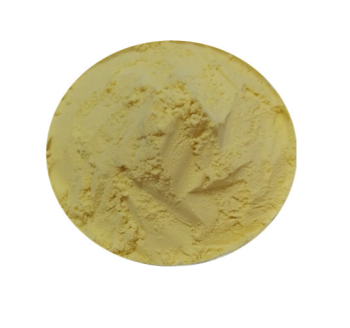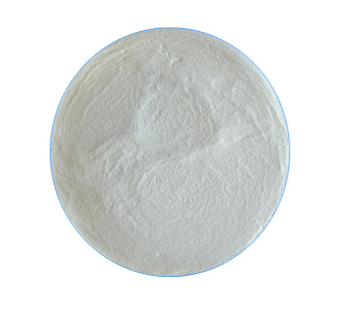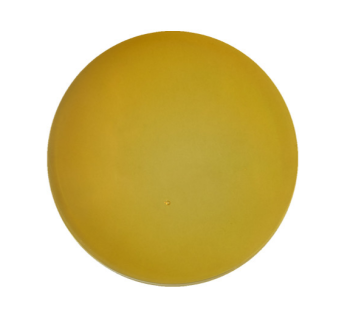Food Grade Powder Tannase Enzyme Hydrolysis Of Tannic Acid For Tea Extracting
Tannase is made from Aspergillus oryzae through cultivation and extraction technique.
This product can hydrolyze depside bonds between gallic acid and tea polyphenols. It can be used in the tea beverage and fruit juice industry.
Characteristics
| Test Item | Test Result | ||
| Appearance | Yellowish | ||
| Form | Powder | ||
| Odor | Normal microbian fermentation odor | ||
| pH | 3.0-7.0, Optimum at 4.0-6.0 | ||
| Activity Temperature | 15-60℃, Optimum at 40-55℃ |
Specifications
| Items | Lower Limit | Upper Limit |
| Enzyme Activity | 500u/g | |
| Lead | 5 mg/kg | |
| Arsenic | 3 mg/kg | |
| Total Viable Count | 50,000 CFU/g | |
| Coliform Bacteria | 30 CFU/g | |
| Escherichia coli | 10 CFU/g 3 MPN/g | |
| Salmonella | Not Detected/25g |
Function
- Instant Tea Industry: The product can prevent the cold turbidity and sedimentation of tea beverages, improve the extraction rate of tea, maintain color and remove bitterness.
- Beer Industry: The product can remove tannins and proteins from beer to make it clear and transparent.
- Persimmon or Other Food Industry: The product can remove the astringency of persimmons to make the taste better.
Package
* Package: 1 kg / bag.
Storage
Keep sealed in a dry and cool place and avoid direct sunlight.
Shelf Life
12 months in a dry and cool place.
Dosage
The recommended dosage is 0.25-1 kg/t DS. The dosage has to be optimized based on each application, the raw material specifications, product expectation, and processing parameters. It is better to begin the test with the convenient volume.
Safety
Enzyme preparations belong to protein, which may induce sensitization and cause allergic type reactions in sensitized individuals. Prolonged contact may cause minor irritation for skin, eyes or mucous membrane of nose, so any direct contiguity with the human body should be avoided. If irritation or allergic response for skin or eyes develops, consult a doctor.
